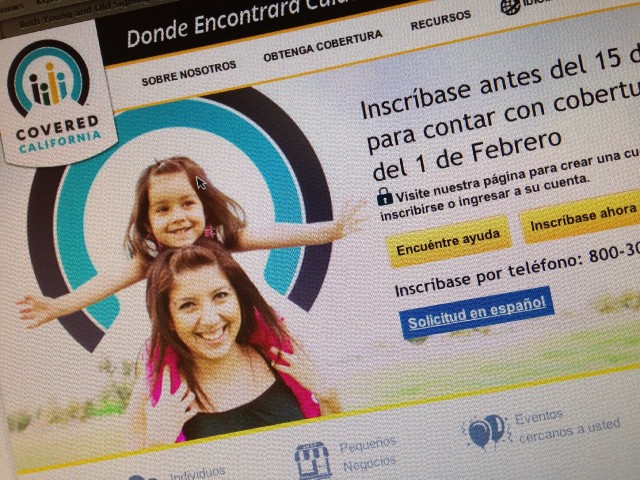
By Julie Appleby, Kaiser Health News
Consumers getting government subsidies for health insurance who are later found ineligible for those payments will owe the government, but not necessarily the full amount, according to the Treasury Department.
The clarified rule could affect some of the 300,000 people enrolled in a health plan through healthcare.gov. They face a Sept. 5 deadline to submit additional documents to confirm their citizenship or immigration status, and also apply broadly to anyone ultimately deemed ineligible for subsidies.
California runs its own exchange and is on a different timeline. Covered California will send notices starting next week to 100,000 people affected. They have until September 30 to respond.
First reported by the newsletter Inside Health Policy on Thursday, the clarification worries immigration advocates, who say many residents don’t know about the requirement. If people do not provide the necessary information, they could be deemed ineligible for subsidies and lose their coverage.